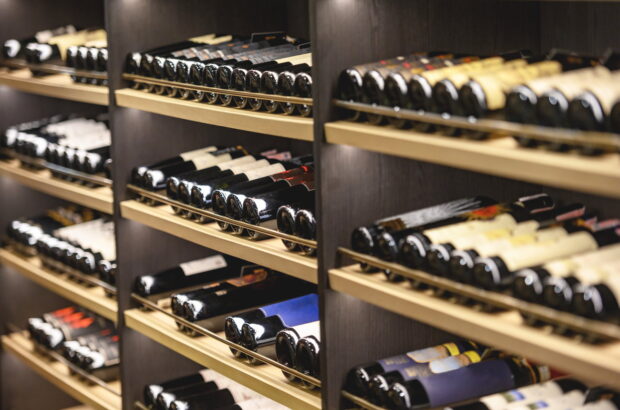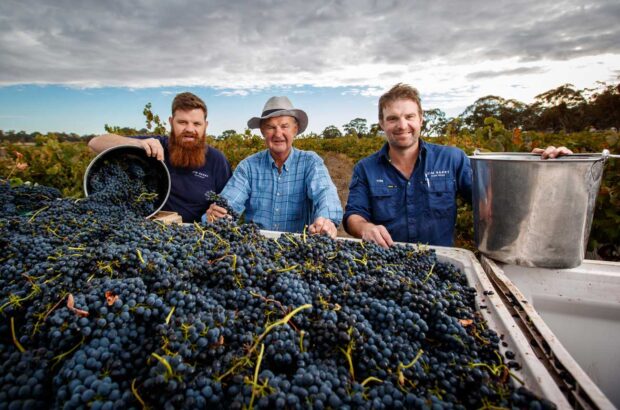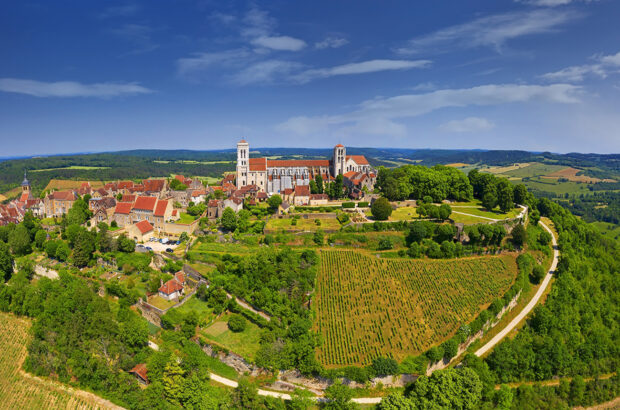My favourite beverage is, I think, an important part of contemporary culture, but what does that mean? As the third decade of the 21st century begins, I find myself reflecting upon the cultural values that lurk behind the label, not just the quality of the liquid in my glass.
No wine exists in a vacuum. Each one is a microcosm of society: people, communities, agriculture, ideas, politics. Things we take for granted – wine’s future, its connection to a particular place, its diversity, availability and more – seem to be under threat in 2020. If we want wine to survive and make the world a better place, we need to ask hard questions and put our money where our values lie.
‘We should buy wines from companies that do good and avoid those from companies that don’t’
That concept is central to the recent rise of ethical consumerism. A 2019 Accenture poll of 6,000 consumers in 11 countries, for example, reported that half of respondents were willing to pay more for products able to be reused or recycled. Just think how many people now carry refillable water bottles.
Consider what follows as my manifesto of wine values for the 21st century.
Let’s start with a concern that touches us all: climate change. Shouldn’t we be asking our favourite fine wine producers what eco-friendly steps they’re taking to reduce carbon emissions? And encouraging them to be more transparent about what they’re doing for the environment – or not doing?
Before most governments were acknowledging the human causes of climate change (some still don’t, sadly), a handful of winemakers such as Spain’s Miguel Torres were pleading for action. Torres has invested heavily in research, including technology to recycle carbon dioxide during fermentation. Last year he co-founded International Wineries for Climate Action with California’s Jackson Family Wines, aiming for a reduction of 80% in winery carbon emissions by 2045.
Among the world’s first certified carbon-neutral wineries are Fetzer in the US and South Africa’s Backsberg. Planting cover crops in the vineyard, building sustainable cellars that rely on solar panels, harnessing the power of wind and geothermal energy to generate electricity, and recycling water are actions we should applaud. I consciously avoid wines in pretentious, super-heavy glass bottles because the carbon cost of shipping them is so high.
Doing away with harmful pesticides, herbicides and fungicides that contaminate soils and affect the health of vineyard workers seems a no-brainer. I still hear too many winemakers argue that it’s impossible to grow grapes organically in their region, while others in the same region (think Louis Roederer in Champagne) manage to do so.
What about social responsibility? How can we take pleasure in drinking a fine wine if the winery that makes it doesn’t take care of its workers? Portugal-based Symington Family Estates achieved B Corporation status last year, which commits them to environmental, social and ethical practices. I’m a fan of the Frescobaldi Gorgona project on an island off the coast of Tuscany, not just because the red and white are superb, but also because it trains prison inmates in winemaking skills.
Lastly, wine should promote people-to-people diplomacy, something the world needs more of. Part of wine’s appeal for me is the way it unites strangers at a table and fosters understanding and tolerance. That idea was behind peace tastings held at a wine shop in Haifa during the 2006 Israeli/Lebanese conflict. Wines from Lebanon (like Chateau Musar) and Israel (Tzora) stood side by side.
The term ‘borderless wine’, from US sommelier turned wine importer Peter Weltman, is apt. He created his Borderless Wine Alliance to bring in wines from war-torn places and help advance peace. Bravo.
There are those who say wine should stand apart from politics, but I’m not one of them. The bottom line is basic: we should buy wines from companies that do good and avoid those from companies that don’t.












